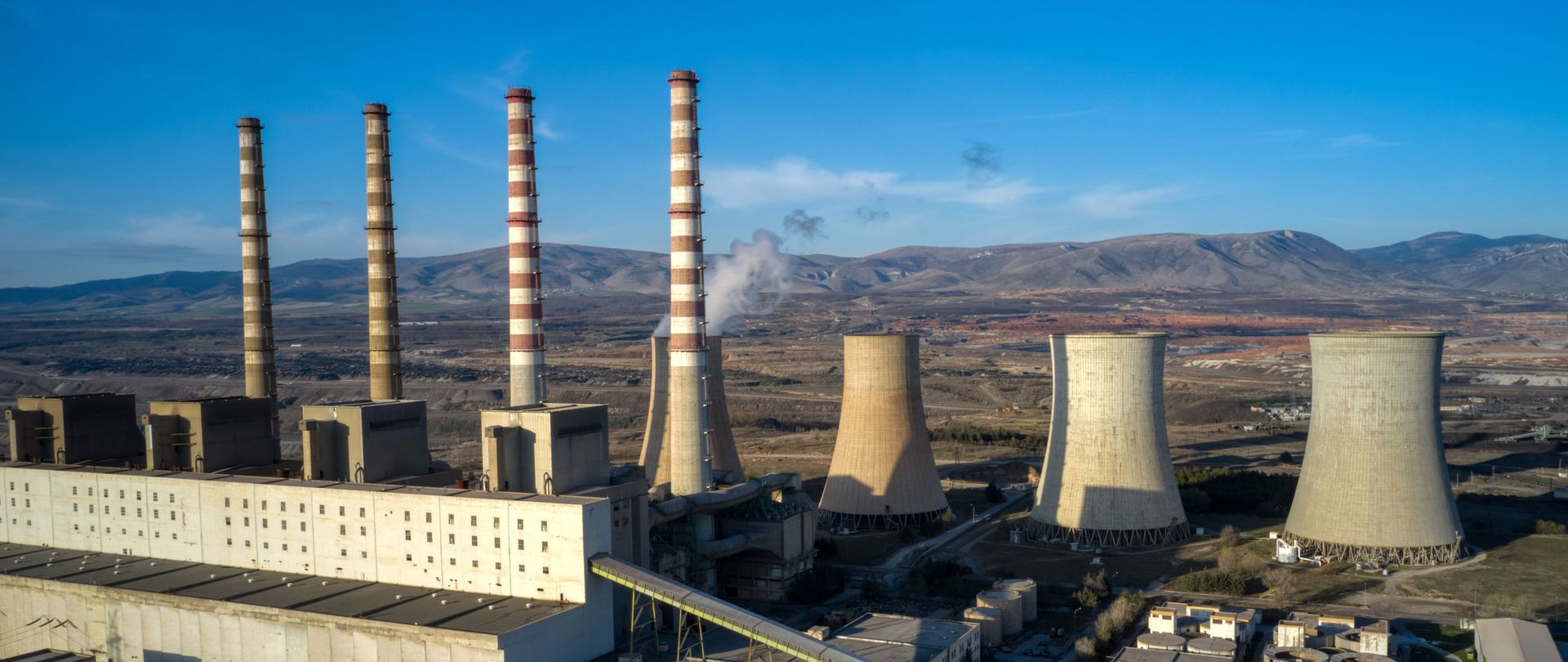
© picture alliance / ANE / Eurokinissi | Agenturfoto
Energy Policy
Growing energy demand, rising greenhouse gas emissions, and increasing price volatility for energy commodities - it is not only national energy systems that are under increasing pressure to transform. Due to growing interdependencies, energy is also becoming an increasingly important issue in international politics. Not least because of the commitments made in the Paris Climate Agreement, the energy transition has become a global challenge.
Energy issues are high on the political agenda, both nationally and internationally. While security of supply has traditionally dominated, the focus is now on socio-economic sustainability, i.e. an energy supply that is ecologically, economically and socially sustainable. The extent to which economic stimulus packages focus on these issues will be crucial. While energy policy in the European Union has a coherent regulatory framework in the form of the Energy Union and the Green Deal, the institutional landscape for shaping and managing global energy relations is fragmented and focused on individual energy sources.
At the same time, the global order is undergoing fundamental changes, not least since Russia's attack on Ukraine. The world is moving toward a multipolar structure in which power and influence are no longer anchored exclusively in the transatlantic region. New players - such as China, India, Brazil and the Gulf States - are increasingly shaping international energy partnerships. In doing so, they often pursue their own economic and climate interests, which are only partially compatible with Western-dominated governance models. This shift also affects global energy governance, whose institutional framework is highly fragmented and increasingly out of touch with the reality of energy flows and power relations.
The dossier provides an overview of the challenges involved in ensuring energy of security and transforming the energy system under changing geopolitical conditions. It also focuses on developments in EU energy policy and global energy governance. In the latter case, particular attention is paid to the interests, preferences, and actions of non-European actors in Asia, Africa, and Eurasia, as well as their patterns of interaction with each other and with Europe. Each chapter contains a compilation of current SWP publications on the topic.